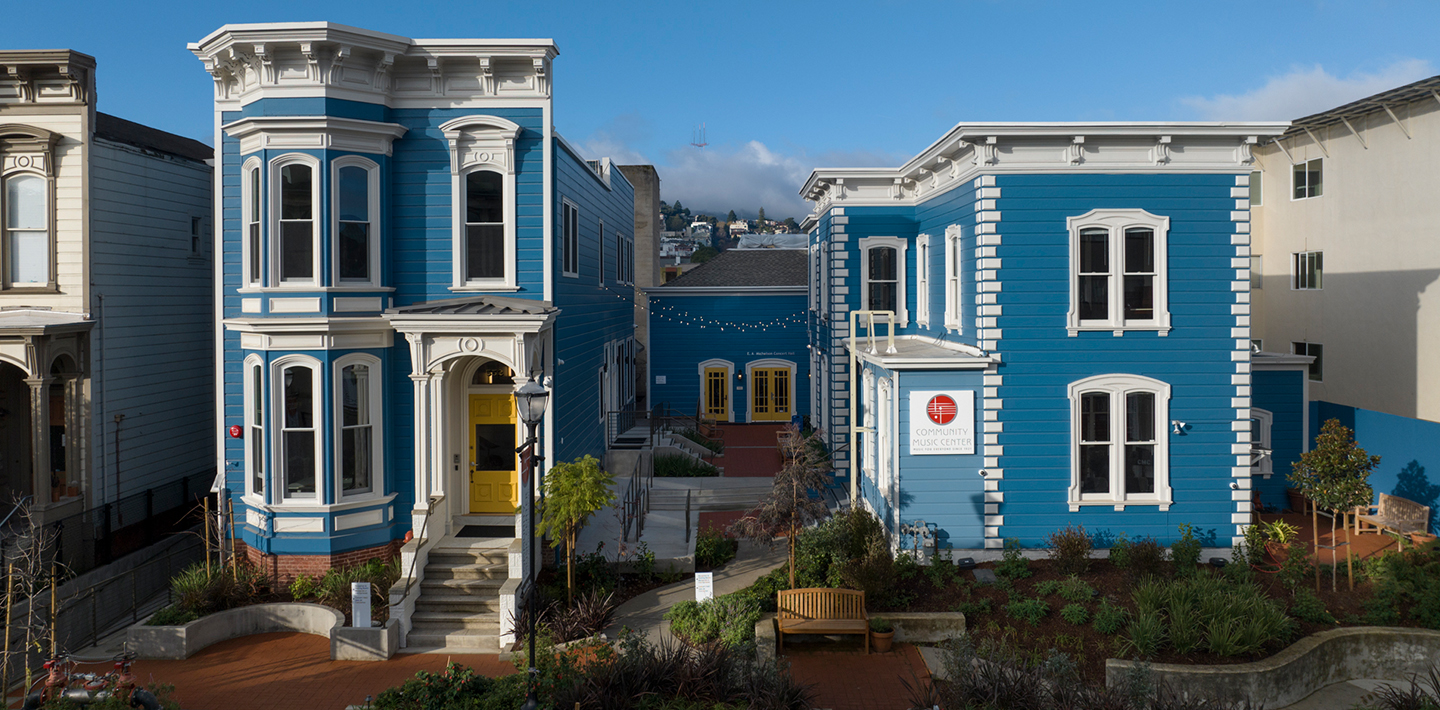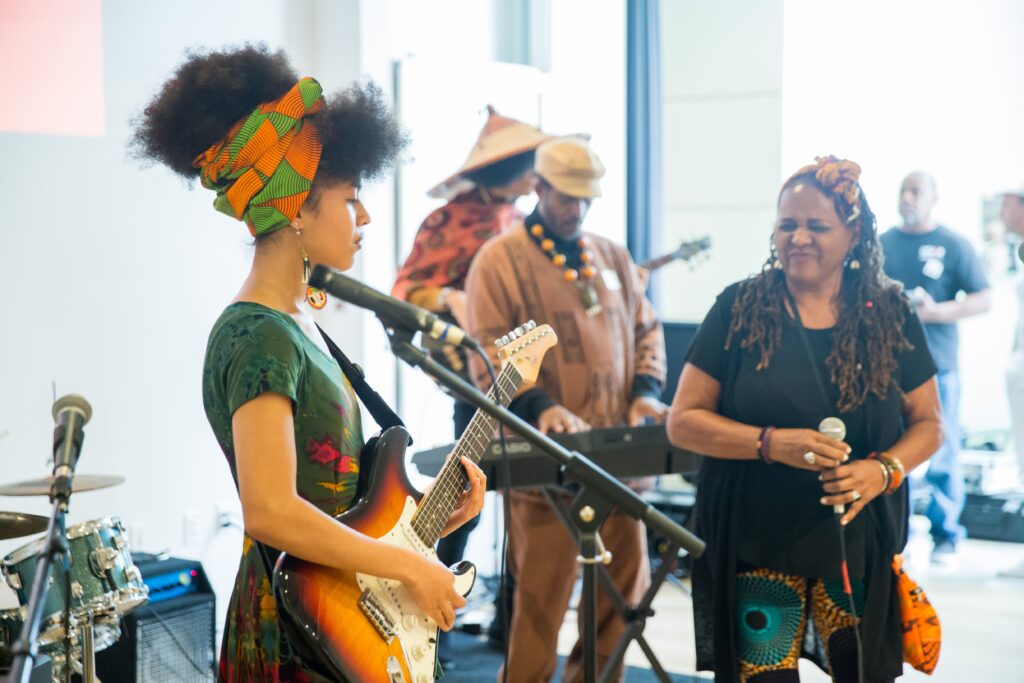If you ever want to know anything about what people have gone through, in writing it can be manipulated and changed. And we know that we have seen narratives changed over and over throughout the years. But one thing you cannot change is the music, the music has always told the story. – Maestro Curtis, PhD, faculty member at CMC.
Black music in the United States holds a significant role as a mirror reflecting the cultural, social, and political experiences of the Black community. This musical tradition, spanning various genres, has been instrumental in shaping American popular culture and serving as a potent force in the struggle for social justice. Iconic figures like Nina Simone and Sam Cooke crafted protest anthems during the civil rights era, such as “Mississippi Goddam” and “A Change Is Gonna Come,” becoming symbols in the fight against racial injustice.
The emergence of hip-hop in the 1970s provided oppressed communities with a powerful voice, addressing systemic racism and police brutality. Artists like Public Enemy, N.W.A, and Kendrick Lamar leveraged hip-hop to express the struggles of marginalized communities. Conscious rap, represented by artists like Talib Kweli, Common, and Lauryn Hill, raises awareness about broader social issues like racism, poverty, and inequality within the hip-hop genre.
Gospel music, rooted in the Black church tradition, has served as a spiritual and social force, offering inspiration during challenging times. Songs like “We Shall Overcome” and “Oh Happy Day” have featured prominently in civil rights protests. Reggae, notably associated with Jamaica, carries a history of addressing social and political issues. Bob Marley’s music, including songs like “Get Up, Stand Up” and “Buffalo Soldier,” advocates messages of peace, love, and social justice.
In soul and R&B, artists like Aretha Franklin and Marvin Gaye explore themes of love and empowerment while using their platforms to address social issues. Franklin’s “Respect” and Gaye’s “What’s Going On” are notable examples. Black musicians contribute an intersectional perspective to their music, addressing not only racial injustice but also gender, sexuality, and identity issues. Contemporary artists like Janelle Monáe and Beyoncé seamlessly incorporate these themes into their work.
Moreover, Black musicians actively participate in and organize music festivals and events dedicated to social justice, providing platforms for expressing views and engaging audiences on topics like equality, justice, and activism. The rich legacy of Black musicians using their art to address social and political issues spans across genres and movements, reflecting a powerful narrative of struggle and triumph within the Black community.
In this context, Community Music Center (CMC) recognizes the importance of preserving and celebrating Black music. Its commitment to the mission of making high-quality music accessible to people of all ages, backgrounds, and abilities, regardless of financial means, has led to the creation of the Black Music Studies Program (or BMSP). Launched in 2021 under the leadership of CMC faculty member Maestro Curtis, this groundbreaking program aims to provide students with a deep sense of love, respect, and appreciation for the contributions of Black culture. CMC’s Black Studies Program offers students multiple ways to study Black music, including private lessons, group classes, and vocal ensembles led by teachers specializing in Black music styles, methods, and pedagogy. We are proud to have incredibly talented musicians such as Maestro Curtis, Marcus Shelby, Dezson Claiborne, Clif Payne, Rita Lackey and others on our faculty.
BMSP has strengthened CMC’s curriculum and Black music programs overall by working closely with Black teachers and artists and enhancing community partnerships, especially with organizations serving the Black community. In addition to offering lessons and classes at its Mission and Richmond district branches. CMC also offers music residencies in the Bayview at Charles Drew Elementary school and, Dr George W. Davis Senior Center and Jones United Methodist Church in the Western Addition neighborhood. CMC has also commissioned new works as part of the program, Song of Triumph and Song of Triumph II, directed by Maestro Curtis and featuring nationally recognized musicians and CMC faculty members.
If you want to learn more about this music and its rich history, we invite you to explore Black music classes offered by CMC here. Try them for free at an Open House by signing up here!



